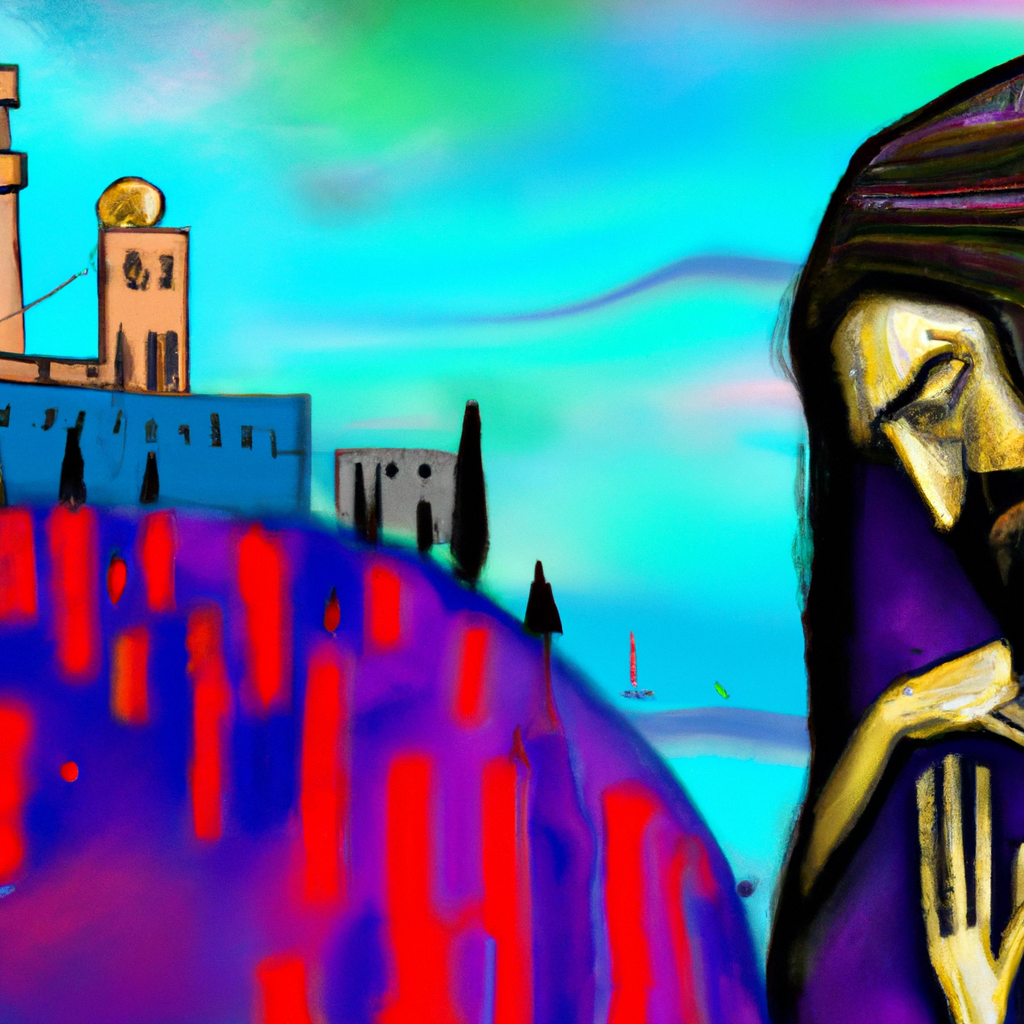December 13: Luke 13 Devotional
Exploring Luke 13: Repentance, Healing, and the Kingdom of God
In the book of Luke, chapter 13, we encounter profound teachings by Jesus that emphasize the importance of repentance, compassion, faith, and the everlasting love of God. Through parables and real-life encounters, Jesus reveals his divine character and provides invaluable lessons for our spiritual growth. This article will delve into five critical passages of Luke 13, emphasizing the relationship between repentance, Jesus, and the transformative power of faith.
Repentance or Death
Upon hearing about the Galileans, whose blood Pilate had mixed with their sacrifices, the crowd approached Jesus with fear and concern. Jesus promptly challenges their assumptions, affirming that all individuals are equally sinful and need repentance. He emphasizes that repentance is not merely seeking forgiveness but a heartfelt transformation that leads to righteous actions founded on love and justice. Through the parable of the barren fig tree, Jesus highlights God’s unwavering mercy and grace, even when faced with apparent unfruitfulness.
Jesus Heals a Disabled Woman on the Sabbath
In the encounter with a disabled woman on the Sabbath, Jesus’ compassion and revolutionary nature shine through. Despite opposition from religious leaders, Jesus heals the woman who has been suffering for eighteen years. Through this act, Jesus challenges rigid adherence to traditions and instead prioritizes acts of love and kindness. This story serves as a reminder that genuine faith transcends customs and should be characterized by compassion for those in need.
The Mustard Seed and the Yeast Parables
Jesus employs parables to illustrate the transformative power of God’s kingdom. Like the impact of a tiny mustard seed or yeast in dough, our faith can yield incredible results. These parables call us to recognize the significance of our actions and wholeheartedly embrace God’s love and grace, allowing them to flow through every aspect of our lives. We are called catalysts for positive change and agents of God’s revolutionary force in society.
The Narrow Path
In this passage, Jesus warns against complacency in faith and blind reliance on religious affiliation. He illustrates a narrow door leading to salvation and a broader path leading to destruction. Our faith should be characterized by personal dedication, repentance, and a continual pursuit of spiritual growth. Jesus urges us to share His message of love and salvation with those who have yet to find the narrow door so that they may enter into a relationship with Him.
Jesus’ Anguish for Jerusalem 
In his lament over Jerusalem, Jesus expresses deep sorrow for a city that failed to recognize Him as their long-awaited savior. Despite the rejection, Jesus portrays himself as a compassionate protector, desiring to gather His people under His wings. This passage reminds us of the importance of extending love, compassion, and the message of salvation to those who are lost so that they may experience healing and the hope found in a relationship with Jesus.
Conclusion:
Luke 13 presents a collection of teachings and encounters that reveal the profound relationship between repentance, Jesus, and the transformative power of faith. It calls us to introspect, assess our spiritual standing, and seek restoration through Christ’s love. Let us embrace repentance, cultivate compassionate hearts, and actively participate in God’s Kingdom as we learn from Jesus’ teachings in Luke 13, knowing that hope, restoration, and freedom are everlasting promises for those who believe in the transformative power of Jesus Christ.